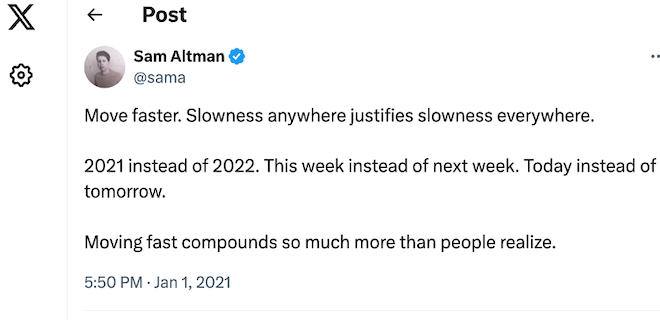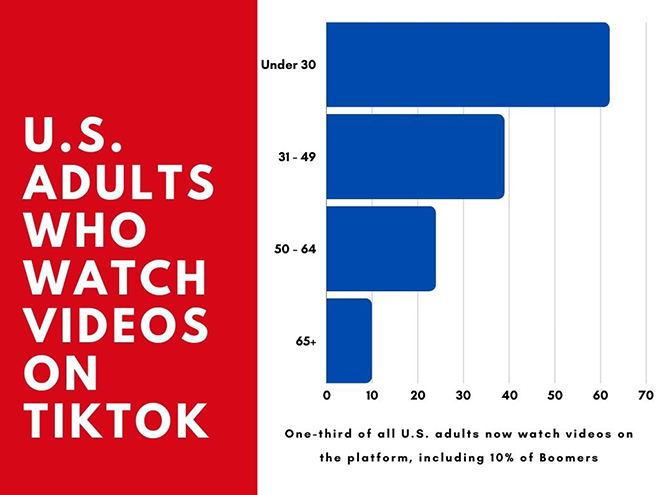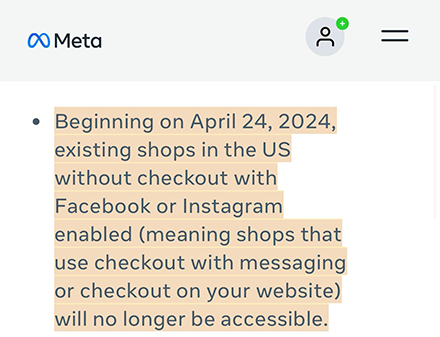 |
||||||||||||
|
||||||||||||
| How AI’s Move Fast and Break Things Ethos Impacts Publishers |

Image sourced from X
|
| What happens when an AI company uses all of the English text on the Internet to train its chatbots and still needs more data? Five New York Times reporters explored this question in depth. They found that AI companies—Open AI, Google, Meta, among others—will do whatever it takes to tap into ever-greater data pools, even if that means disregarding or changing their corporate policies and flat-out ignoring copyright law. For instance, both Google and Open AI transcribed YouTube videos so they'd have more text to train their systems. Open AI even created a voice-recognition tool called Whisper to transcribe more than one million hours of YouTube videos to train ChatGPT 4, even though doing so clearly violates YouTube's terms of service. The AI companies' justification? They're transforming the data enough to fall under "fair use." Clearly, that's a debatable issue, as they're still using the creator's words to train their AI without compensating those users. Last year, Google updated its terms of service to allow users to "tap publicly available Google Docs, restaurant reviews on Google Maps and other online material for more of its AI products." Meta, desperate to get more data, debated purchasing Simon & Schuster to train its AI on the books its imprints have published. According to the New York Times, Meta executives knew the book publisher could sue them for using copyrighted data to train their AI, but it seems like a risk worth taking. How Secure Is Your Work? It's hard not to get nervous if you use AI tools daily. For instance, there are plenty of great AI tools for recording and transcribing meetings (some will even attend a meeting on your behalf if you can't make it personally). The transcripts those tools generate train the AI model, of course. But should we feel confident that they won't sell those transcripts to other AI companies for training purposes? We already know that some companies view user-generated content as a potential revenue stream, so there's precedent. (Full disclosure: the AI tool we use for transcripts, Otter.ai, says it doesn't share user transcripts with third-party AI providers for training purposes.) Still, we would be wise to view the New York Times report as a prescient warning that the companies with whom we trust our data are chomping at the bit to train their AI systems on it. We should also take the time to read the terms of services carefully. An Old Story What publishers are going through is similar to what hoteliers, communities with affordable housing crises, taxi and delivery drivers, and countless others still struggle with: Silicon Valley's move fast and break things ethos, which celebrates the rapid scaling of new technology out before they identify their thorny issues, much less resolved. – SS |
|
| Did Forbes Really Mislead Advertisers With Alternate Site? |
Over the years, the ad tech industry has experienced many twists and turns, but could anyone guess that Forbes created an alternative site to accommodate excessive ad placements? For years, Forbes ran a parallel version of its website, cramming ads meant for Forbes.com onto it. This practice, recently exposed by The Wall Street Journal, reveals a discrepancy in digital advertising: brands may not always receive the expected value for their investments. The secondary site, which Forbes shut down following inquiries, repurposed Forbes.com content into ad-heavy formats like slideshows and listicles. For instance, the new site transformed a single 700-word article into a 34-slide slideshow, bombarding computer users with about 150 ads compared to the seven in the original piece. These reformatted articles, hosted on www.forbes.com, were not accessible through Forbes.com or search engines. Instead, content-recommendation companies like Taboola and Outbrain promoted them. Advertisers expressed dissatisfaction, noting that the ads on the alternate site reached a different audience and appeared on overcrowded pages, deviating from their expectations of placement on Forbes.com. Adalytics, an ad-research firm, revealed that some ads were purchased under the assumption they would appear on Forbes.com. An Adalytics study already revealed that many advertisers' media budgets are still going to MFA sites despite the major backlash last year. Of course, there is a debate if all MFAs are bad, but in this instance, I think we can all agree this is not a good look for Forbes. – AB |
| While Congress Considers Pulling the Plug, Americans Dig Into TikTok |
 |
| According to Pew's six facts about Americans and TikTok, TikTok is gaining traction among Americans of all ages, especially as a news source. Today, one-third of all U.S. adults now watch videos on the platform, including 10% of Boomers (see chart above). Not surprisingly, given the huge number of people who use the platform, support for the ban is falling, dropping from 50% in March 2023 to 40% this past fall. A growing number of Americans (43%) rely on TikTok for their news (with 21% of 18- to 24-year-olds starting their information quests with searches on TikTok), up from 22% in 2020, which is why publishers have been leaning into the platform to build audiences for the past five years. All that said, 59% of Americans say that TikTok threatens national security, although that fear is more pronounced among older Americans and Republicans. – SS |
| APRA and the Future of US Privacy Legislation |
| I'm not going to get my hopes up because we've heard of a comprehensive federal privacy law passing before, but if passed, this could be a big deal for US compliance rights. A bipartisan group of federal lawmakers unveiled the American Privacy Rights Act (APRA), spearheaded by Senate Commerce Committee Chair Maria Cantwell (D-WA) and House Energy and Commerce Chair Cathy McMorris Rodgers (R-WA). This comprehensive bill proposes stringent national standards on collecting, using, and transfering personal data online. If enacted, APRA would revolutionize the US digital landscape. It mandates that companies limit data collection to only necessary information, empowering consumers with rights to access, delete, and move their data across digital platforms. Additionally, individuals would have the option to opt out of targeted advertising. The legislation also introduces significant changes in the advertising industry. Notably, explicit consent is required to transfer personal data to third parties. Jamie Barnard, CEO of Compliance predicted this shift toward explicit consent in the US, a major tenet in EU privacy law. – AB |
| @{optoutfooterhtml}@ |












